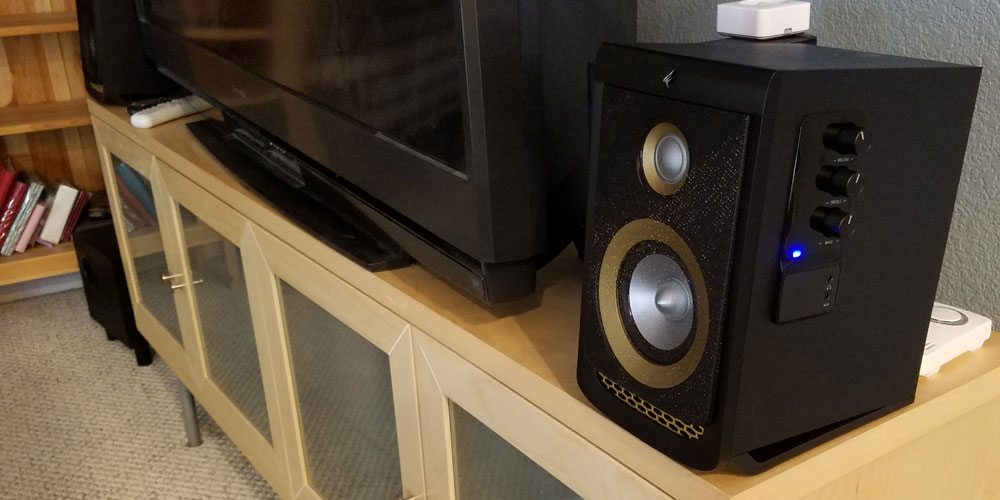
In every gaming group we all have that one friend: he knows how to play, he knows what he should do, but he’s so worried about making the right choice that his turn takes several minutes. Maybe you’ve threatened to time his turns, maybe you avoid playing certain games with that friend. We call this condition “analysis paralysis” in our game group. Unfortunately, the nicest folks have this challenge. No matter how you look at it, though, analysis paralysis can bring a fun game night to an end.
Analysis paralysis has its perks, of course. When the player takes their turn, you can learn about their strategy, and see new ways to win. But is it worth it to have games constantly stagnate? Sadly, no. A 30-minute game like Machi Koro can become an hour and a half, and longer games like Rattus Cartus are hidden when that friend joins the group.
So what can be done? Not a lot, sadly. The first step is to talk to the player about it while you aren’t in the middle of a game. Most of the time, players either learn to take faster turns, or they don’t. But there is a better way, and it’s often included in games: Sand timers.

Some games use them as a core mechanic, including Taboo. Because it’s a race to get enough correct answers, the timer is the only thing that determines turn lengths. Some games have timers, but most players ignore them altogether, such as Scrabble. With these games, it’s easy to enforce the timer when needed, because most players don’t need long to play their word.
Sadly, many other games don’t have time limits, and it can be difficult to introduce timers without making someone at the table feel picked on. That said, most reasonable players understand that when they take too long it affects everyone else. We like to use a cheap set I found on Amazon that have time increments. This way, players have a visual reminder of how long they have to take their turn, but can have appropriate limits for any given game.
Other possible solutions include timers on your phone or microwave. The best thing you can do is to integrate what works for you. I prefer sand timers because they don’t make noise, and it’s easy to see how much time the player has left. Other folks dislike the slightly inaccurate time kept by sand timers, so your mileage may vary.
If timers aren’t a good choice, stick to quick and simple games like Martian Dice and Machi Koro, to keep things moving quickly. Avoid games with nuanced choices like Lanterns or Rattus Cartus, which can bust the energetic bubble of fun of game night.
As a last resort, it’s not the worst thing to do to drop someone from the game group. I’ve only had to do this once, but it made our whole group happier. Games that roll smoothly are a lot more fun, and you can play more games when nobody is locked into 3–5 minute turns. Use your best judgement though, because friendships are always unique.
Happy gaming, folks. If you have any suggestions of other games that go quickly, please feel free to comment!




What’s more important? The friends and family coming together to play a game or the game itself. If you want hardcore gaming every time go play in a league or a tournament with timing rules to get your maximum game on.
You certainly wouldn’t kick your kids out for taking to long or grandpa who is filling that critical 3rd player requirement to get the game going.
If you pull a sand timer out on me for taking to long during a board game, we aren’t going to be friends any longer.
I guess it’s perspective, if your goal is the best instance of a game you can play, you can be harsh about the requirements. If it’s friends coming together to have a good time, I would err on the side of letting things slide, to go grab a snack, a beer or using the time to leave comments online.
It’s like watching a movie with friends and having one of them pause it every few minutes for whatever reason. I don’t think wanting to watch a movie with minimal interruptions makes me a hardcore movie watcher.
If you have seven people and six would actually enjoy finishing the game, then ‘analysis paralysis’ is certainly a problem, friends or not. It’s a common thing with games like D&D/Pathfinder, where most people actually want to make progress on the game, hoping to eventually finish a campaign, but the game is complex, and how to reach objectives is often not clear, so some people need help getting though the paralysis.
Some of the issue could maybe be resolved by teaching the player techniques, like thinking ahead on what they are going to do, having some default actions, maybe paying attention to prior actions (many players don’t pay attention and every turn need a summary of what has happened), teaching faster ways to advance their turn (like rolling “to hit” and “damage” dice all at once, and rolling multiple colored “to hit” and matching colored “damage” dice for characters with multiple attacks, as opposed to rolling one die at a time.), other techniques like the timer above, or putting the character into “delay” and coming back to them when they are ready. All of these SHOULD be considered by a host or a DM. If EVERYONE is happy with the game/movie getting paused every couple minutes, then great, everyone is happy, but if it is hampering the experience for others then it needs to be dealt with.
Yes, we’re all together to have fun, but one person delaying the game for everyone else may be “fun” for that person (or some of the people), but it is certainly hampering the experience for at least some of the others.
I think friends coming together to have a good time can also include having the best instance of the game. There’s just some friends I’m not going to play D&D with… and as listed above, maybe I’d pick a simpler game that does not lead to analysis paralysis.